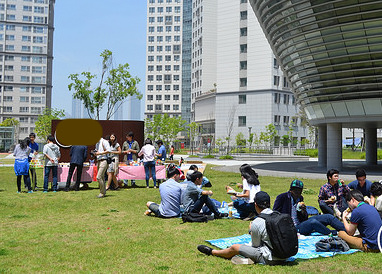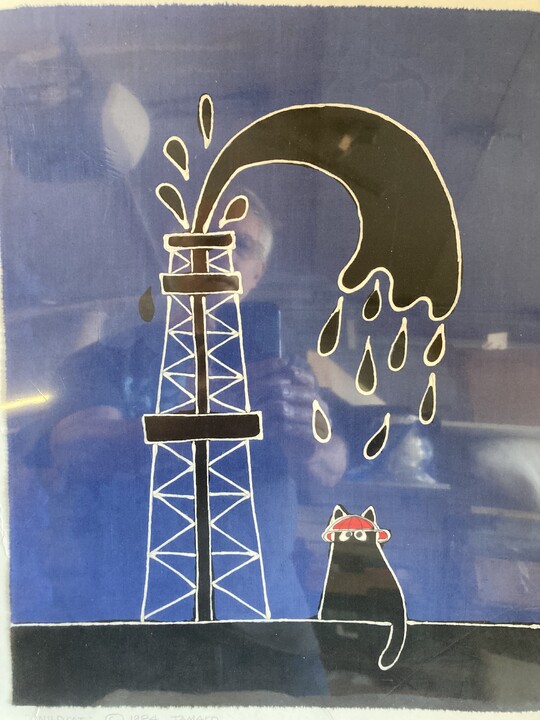We're no longer surprised that so many people bow down to the Invisible Hand of economics, worshipping its messenger coins and notes, and attending its oracles, the Wall Street analysts. Adam Smith, the 18th-century originator of the invisible hand metaphor, took pains to affirm its workings should be tempered by moral considerations and should not be interpreted as the will of God. Those emphases have been lost.
 Truth Or Consequences
Truth Or ConsequencesFrom an early age, my life’s goal was to get at “the truth.” There were only two obvious...
 And Since You Mention SNAP,
And Since You Mention SNAP,Among others oozing angst about “democratic socialist” Zohran Mamdani’s election were two...
 PAST AS PROLOGUE: An Engineering Legacy
PAST AS PROLOGUE: An Engineering Legacy1980s photo of the author, right; his father, center; and his sister, left....
 Drugs, Crime, And… Homelessness?
Drugs, Crime, And… Homelessness?A commenter contested my statement that gang murders are a much greater menace to public safety...










